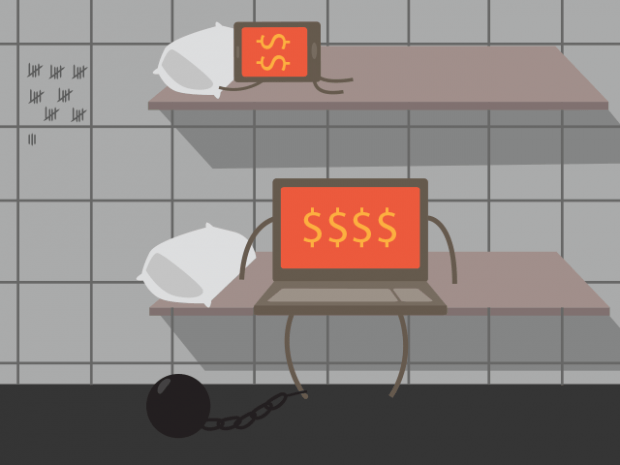
A Week in the News: NoIP and Miniduke Returns
Microsoft moves against a malware-supporting webhosting company, NoIP, causing collateral damage in the process. The Miniduke APT campaign returns.
1436 articles

Microsoft moves against a malware-supporting webhosting company, NoIP, causing collateral damage in the process. The Miniduke APT campaign returns.

Let’s analyze new safety features in the upcoming Android release while we wait for it to arrive.

June was a busy month with hacks and data breaches, privacy, cryptography, and mobile security news, and an update on OpenSSL Heartbleed.

Kaspersky Lab’s recent research demonstrates that cyber-stealing is a very profitable and well-organized crime.

There were long time rumors about iPhone malware used to spy on smartphone owners, but now it’s official ―Kaspersky Lab researchers discovered a real life sample of this Trojan.

According to research by Kaspersky Lab, 22 percent of phishing scams on the web target Facebook.

This week: the first mobile malware turns 10; we check in on Android security news and recent data breaches; and we fill you in on the week’s patches.

Bullying isn’t new, of course. But technology has made it easier than ever before for bullies to attack the vulnerable. If you’re a parent, take a look at our checklist of top tips for keeping your children safe from cyberbullying.

Having a chance to store as much as we want is a good thing, but is it bringing us more problems than advantages?

Our study during World Cup indicates one in four networks are dangerous and you must take care to avoid substantial loss.

This week: the first ever Android encryptor malware, a serious Tweetdeck vulnerability arises and is fixed just as quickly, and much more.

How iOS 8 and Tizen releases affect smartphone market and security landscape.

Discussing security and the privacy strengths and weaknesses in the Apple’s soon-to-be-released iOS 8.

A serious cross site scripting vulnerability was discovered in the popular Twitter application TweetDeck today. Users should revoke access to that app on Twitter as soon as possible.

Google is releasing a tool that ensures all data passing out of its Chrome browser is encrypted in transit, resolving the problem of relying on others’ crypto.

Computer ransomware is getting more sophisitcated, while mobile cryptolockers are emerging both in Europe and the U.S.

There was a lot of interesting news about hackers and other cybercriminals, so let’s see who has been busted in May.

Feds take down the Gameover botnet, there’s more trouble for OpenSSL, Google publishes data on global Gmail encryption, and Edward Snowden’s first NSA revelation came out one year ago.

Adults can choose to face the financial consequences of their own actions, but they may want to know how to prevent their kids from running up exorbitant credit card bills tied to the parents’ iTunes or Google Play accounts.